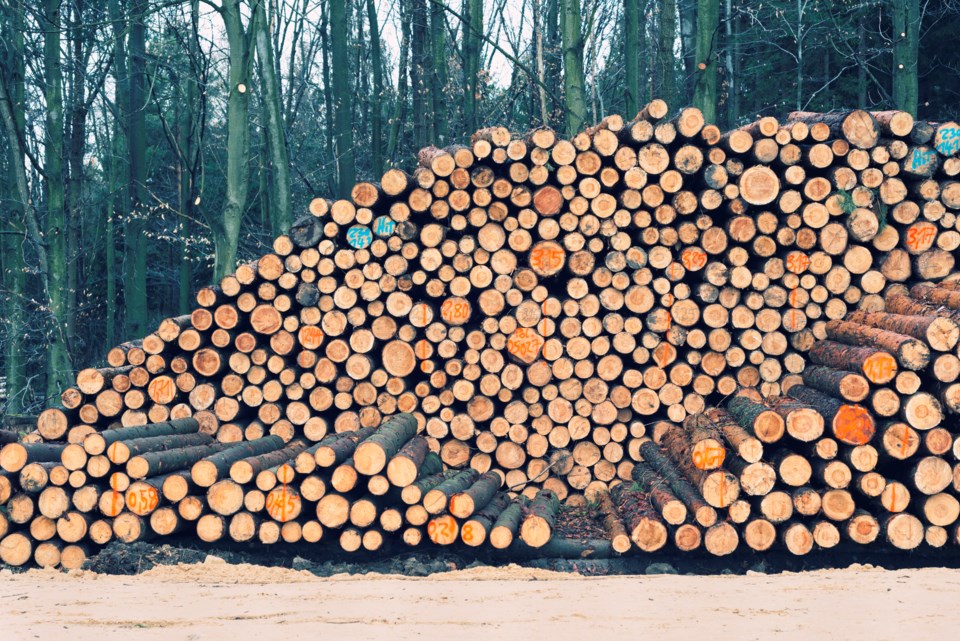In 2019, British Columbia’s logging industry generated $13 billion for the province, reports the B.C. Council of Forest Industries.
In 2021, B.C.’s largest lumber producers — Canfor, West Fraser, Interfor, Tolko and Teal Jones —announced the expansion of sawmills, businesses and purchases of forests, not at home but in the U.S., to process the fast-growing yellow pine in warmer Texas and Louisiana. These out-of-province investments total $6 billion.
That money could have been reinvested towards the 'costs of doing business’ in B.C.'s forests; rehabilitate 400,000 kilometres of logging roads, repair riparian and spawning habitat, restore flood controls, and reforest after wildfires. That money could have been spent on wages for more loggers needed to selection log rather than industrial clear-cut. Is logging in B.C. still all about the jobs? Selectively removing trees from intact forests largely reduces the need (and taxpayer costs) for environmentally damaging forestry practices of slash pile burning, glyphosate spraying, deciduous brushing, and monoculture reforestation with modified, nursery seedlings.
The expansion into the U.S. is another step away from developing a sustainable logging industry in B.C., the result of treating local jobs as less important than the profits of a few. Like the mining towns of the last century, B.C.’s logging communities are the new ghost towns. I suppose we should thank the B.C. logging cartels’ annual reports to shareholders for cementing the loss of their social license with B.C. taxpayers. No one really likes a braggart!
Even government has lost faith in the B.C. logging industry. The B.C. Investment Management Corporation invested government pension funds in a 772,000-acre tract of forested land in eastern Texas, betting on American future values, not the home team.
It is time this government invests in forestry reforms: take back tenures and return to local communities while creating overarching forestry legislation that protects ecological integrity and resilience under which all other land and resource use is subordinate. If we must endure the socialized costs from collateral damages of industrial clearcut logging, we need to keep the privatized profits from flooding south.
Taryn Skalbania
Peachland



